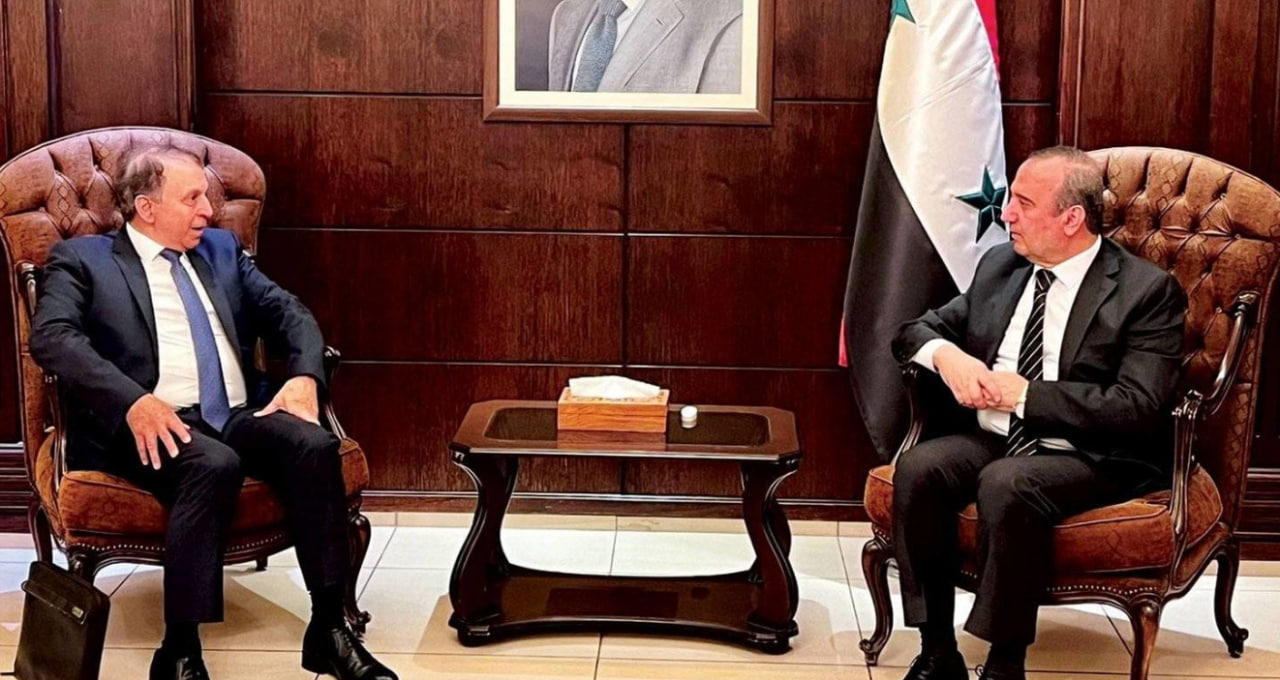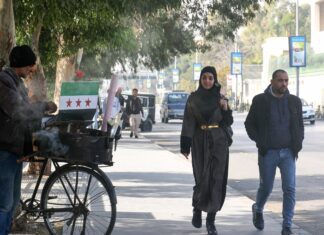
The Lebanese government has reignited tensions with the announcement that it will resume deportations of Syrian refugees back to areas they fled under the control of the Assad regime. This move comes amidst a fragile political climate in Lebanon, further complicated by the recent kidnapping and murder of a prominent politician, Pascal Suleiman, allegedly by Hezbollah.
The Minister of Displaced Affairs in the caretaker government, Issam Sharaf al-Din, stated plans to coordinate with the Syrian regime to begin returning refugees as early as the end of April. This announcement has sparked concerns from human rights groups who warn of the dangers of refoulement – the forcible return of refugees to a place where they face persecution or threats to their lives.
The Syrian conflict is far from over and the same climate of abuse, oppression, arbitrary arrests, and torture by the Assad regime has not decreased over the last 13 years. According to rights groups, many regions remain unsafe, with ongoing human rights abuses documented. Refugees who return may face a precarious future, risking detention, torture, or even death at the hands of the Assad regime.
In the Summer and Fall of last year, the Syrian refugees in caretaker Lebanon experienced forced deportations and increased restrictions despite warnings from the UN and other groups regarding the ongoing danger in Syria and the risk posed by the return of refugees to the Assad regime.
Adding another layer of complexity is the recent political turmoil in Lebanon. The brutal murder of Pascal Suleiman, a vocal critic of Hezbollah, has heightened tensions between the powerful militant group and the Lebanese government. Some fear that Syrian refugees, particularly those from areas opposed to the regime, could be scapegoated or targeted by Hezbollah in the wake of Suleiman’s killing.
Despite these concerns, the Lebanese government insists that the return of refugees is necessary due to the country’s economic woes. Prime Minister Najib Mikati claims most Syrian refugees are unemployed and a burden on Lebanon’s already strained resources. He argues for international recognition of “safe areas” within Syria to facilitate the deportations.
However, the concept of “safe areas” in Syria is highly contested. Many regions still experience violence and instability. Furthermore, the UN Refugee Agency (UNHCR) opposes forced returns and advocates for voluntary repatriation that prioritizes the safety and dignity of refugees.
The upcoming Brussels Donors Conference presents a potential opportunity for the international community to pressure Lebanon to adhere to international refugee law. The conference serves as a platform to discuss solutions for the Syrian refugee crisis and ensure the safety of displaced persons.
The situation for Syrian refugees in Lebanon remains precarious, while the resumption of deportations coupled with the volatile political climate raises serious concerns for their well-being. The international community must play a critical role in ensuring that any return to Syria is truly voluntary and prioritizes the safety of refugees.








